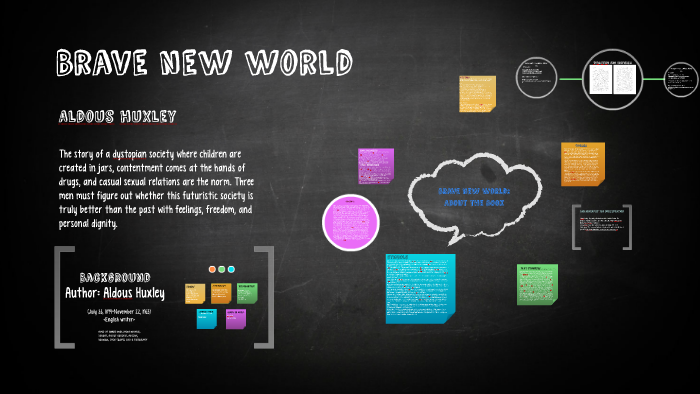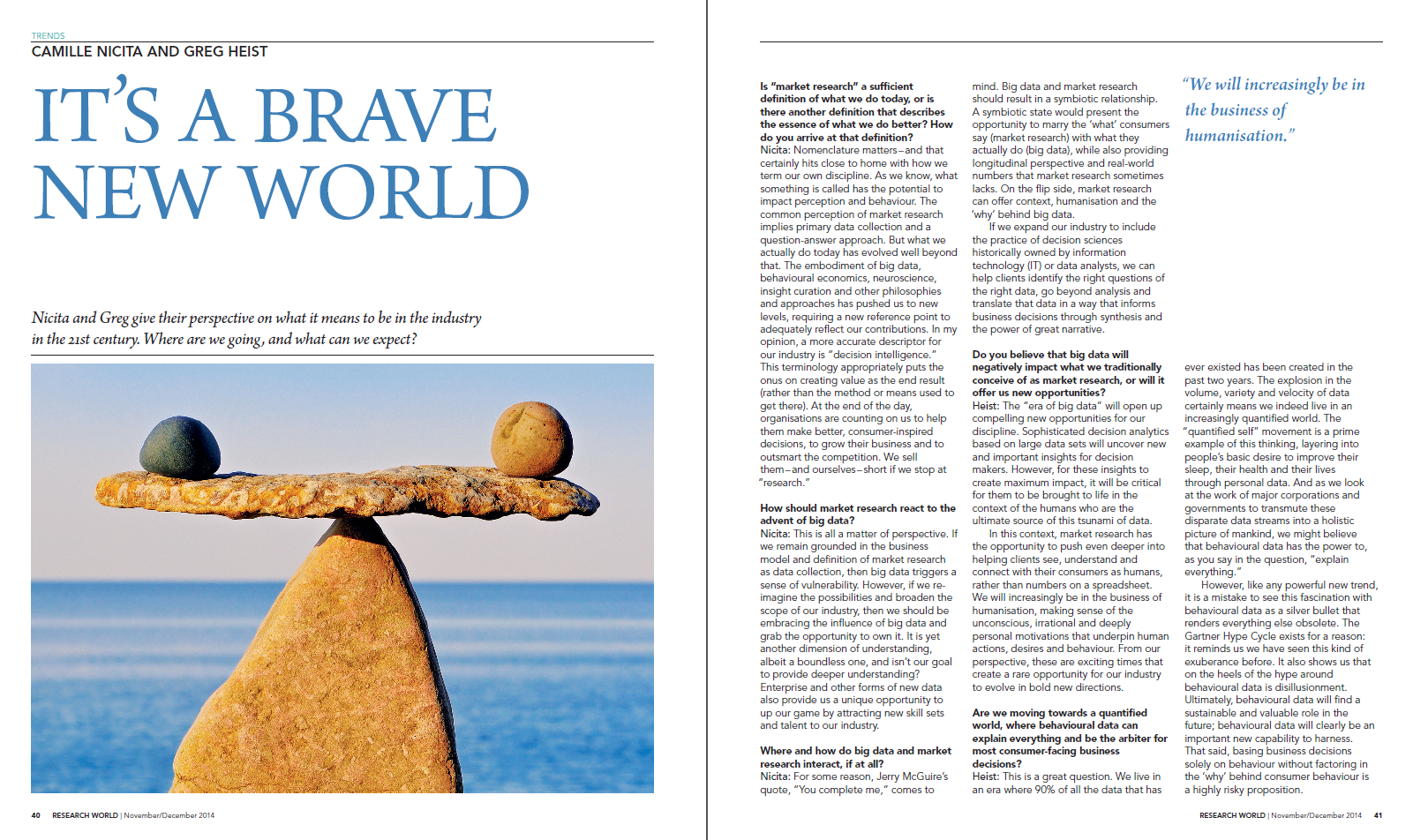
John asks why everyone laughs and learns that the children laugh because the scene is ridiculous and funny. At the school, John watches a video of Indian savages performing ritual worship while all the schoolchildren laugh at them. John the Savage, meanwhile, receives a tour of a local radio tower and of an elementary school, Eton, while Bernard acts arrogant and important the entire time. Watson and the other social elites agree that Bernard’s behavior will one day lead "to a bad end." After a brief disagreement with Helmholtz in which the latter expresses his disappointment, Bernard becomes angry and vows never to talk to him again. Helmholtz Watson tells Bernard that he disapproves of Bernard’s boastfulness and pride. The letter amuses and angers Mond, who nevertheless chooses not to punish Bernard for his hubris. However, he foolishly criticizes society and even goes so far as to lecture Mustapha Mond in a letter on ways that society could improve. He holds parties for the social elites to visit and meet the Savage. Bernard takes advantage of his fame to get as many women as he can. For the first time, John encounters the civilized society's attitude towards death.īernard immediately becomes famous because he controls the Savage's social schedule. John worries about her but receives assurance that she feels happier with soma even though she will not live much longer if she keeps taking so much. She takes soma in excess, both to enjoy the feeling of "eternity" that she used to feel as a member of civilized society, and so that she can remove herself from the judgment and looks of repugnance of the other members of society. However, they consider Linda repulsive because of her age, her bad teeth, and her weight. All of "upper-caste" London clamors to see the savage, and John becomes the center of attention. The Director decides to resign his position because the shame of being a "father" is too great. The Director, who is normally responsible for the creation of life and ordering of class, is also responsible for a sexual act that goes against this dystopian society.

However, the Director becomes the chief example of non-conformity when the others learn that he himself exhibited the most embarrassing behavior in society by fathering a child. The Director enters the room with a high regard for social programming and belief in the good of science, state regulation, and conformity in all social practices.

The Director's predicament in the chapter is an example of irony. The Centre can simply make a new individual if anyone gets out of line, which indicates the society’s reliance on science rather than human life. The Director states that no one, including Bernard, can express individuality in any way. The chapter opens with descriptions of the scientific mechanisms used to create humans. Bernard and the Director represent two sides of the novel’s main conflict, and this chapter describes their confrontation. This chapter uses contrast to emphasize the rising tension of the novel.

All the workers begin laughing until the Director finally runs out of the room. The Director becomes even more mortified when John walks in, falls to his knees, and calls him "father," a word filled with embarrassing meaning.

When he pulls away out of disgust, Linda angrily screams at him for leaving her on the Reservation while pregnant with John. Linda quickly recognizes the Director, calls him by his name, Tomakin, and rushes up to give him a hug. With all the workers present, the Director publicly reproaches Bernard for his social misconduct and tells him that he must go to Iceland where he will not be able to influence others.īernard laughs and introduces Linda. The Director tells Henry that Bernard must receive punishment because no one should lead the general population astray with strange behavior or notions of individuality. He and Henry Foster plan to meet Bernard in the Fertilizing Room. The Director passes through the Centre’s Fertilizing room, admiring the fertilizing and decanting technologies.


 0 kommentar(er)
0 kommentar(er)
